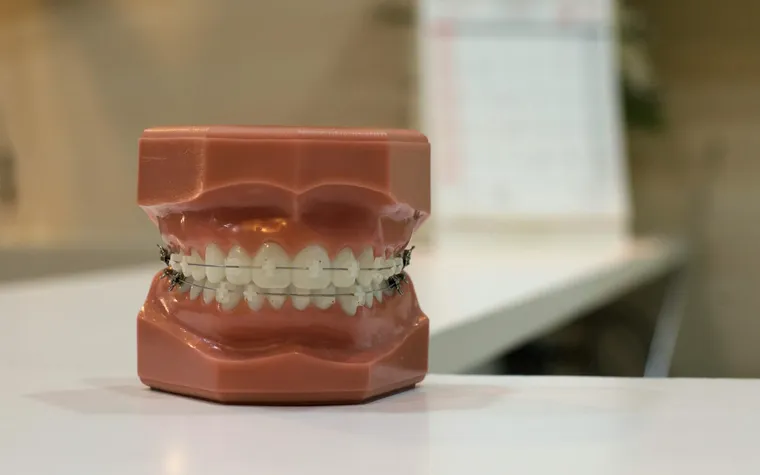As seniors age, oral health becomes a crucial part of overall well-being. Tooth loss, whether due to decay, gum disease, or injury, can impact nutrition, speech, and self-confidence. Dentures offer an effective solution, restoring both functionality and aesthetics. However, the cost of dentures can be a burden for many seniors on a fixed income. This raises an important question: does Medicare cover dentures? Understanding your options, including available Medicare plans and alternative assistance programs, is key to accessing affordable dental care in retirement.
Original Medicare (Part A and Part B) typically does not cover routine dental care, including dentures. This often surprises many seniors who assume dental services are included in their health coverage. While Medicare will cover dental procedures related to other covered medical services (like jaw surgery), standalone dental work, such as getting dentures, falls outside of that scope. However, there is good news: some Medicare Advantage (Part C) plans do offer dental coverage, which may include exams, extractions, fittings, and even partial or full dentures depending on the plan’s benefits.
Understanding Medicare Coverage for Dental Care
Original Medicare was designed primarily to cover medical, not dental, services. This means routine exams, cleanings, fillings, and dentures are not included under traditional Part A and B plans. For many seniors, this leaves a gap in care—especially when facing the high out-of-pocket cost of full dentures, which can range from $600 to several thousand dollars.
Exploring Medicare Advantage Plans
Medicare Advantage plans are offered by private insurance companies approved by Medicare. Many of these plans include dental coverage as an added benefit, which may pay partially or fully for dentures. Coverage and costs vary by plan and location, so it's essential to compare offerings. Seniors should read the fine print carefully to ensure dentures are included.
Additional Assistance Programs
For those who don’t qualify for sufficient coverage under Medicare Advantage, there are other options. State Medicaid programs, nonprofit dental clinics, or dental schools may offer low-cost or sliding-scale denture services. Organizations such as the Dental Lifeline Network and local Area Agencies on Aging can also provide resources or referrals for financial assistance.
Tips for Seniors Seeking Denture Coverage
Seniors should start by reviewing their current Medicare plan and speaking with a Medicare counselor to understand what’s covered. During Medicare’s open enrollment period, which typically runs from October 15 to December 7, seniors can switch to or enroll in a Medicare Advantage plan that includes dental benefits. Keeping documentation of dental needs from a dentist may also support coverage requests.
Reference link-
Centers for Medicare & Medicaid Services | CMS (.gov)https://www.cms.gov › medicare › coverage › dental9 Apr 2025 —
KFFhttps://www.kff.org › medicare › issue-brief › coverage...25 Nov 2024 — Medicare will cover treatment to address dental complications after radiation, chemotherapy, and/or surgery for head and neck cancer.
Conclusion
While Original Medicare does not typically cover dentures, seniors aren’t without options. Medicare Advantage plans, local assistance programs, and community resources can help cover the cost and improve access to essential dental care. Being proactive, comparing plans, and seeking guidance can empower seniors to restore their smile without overwhelming expenses.

